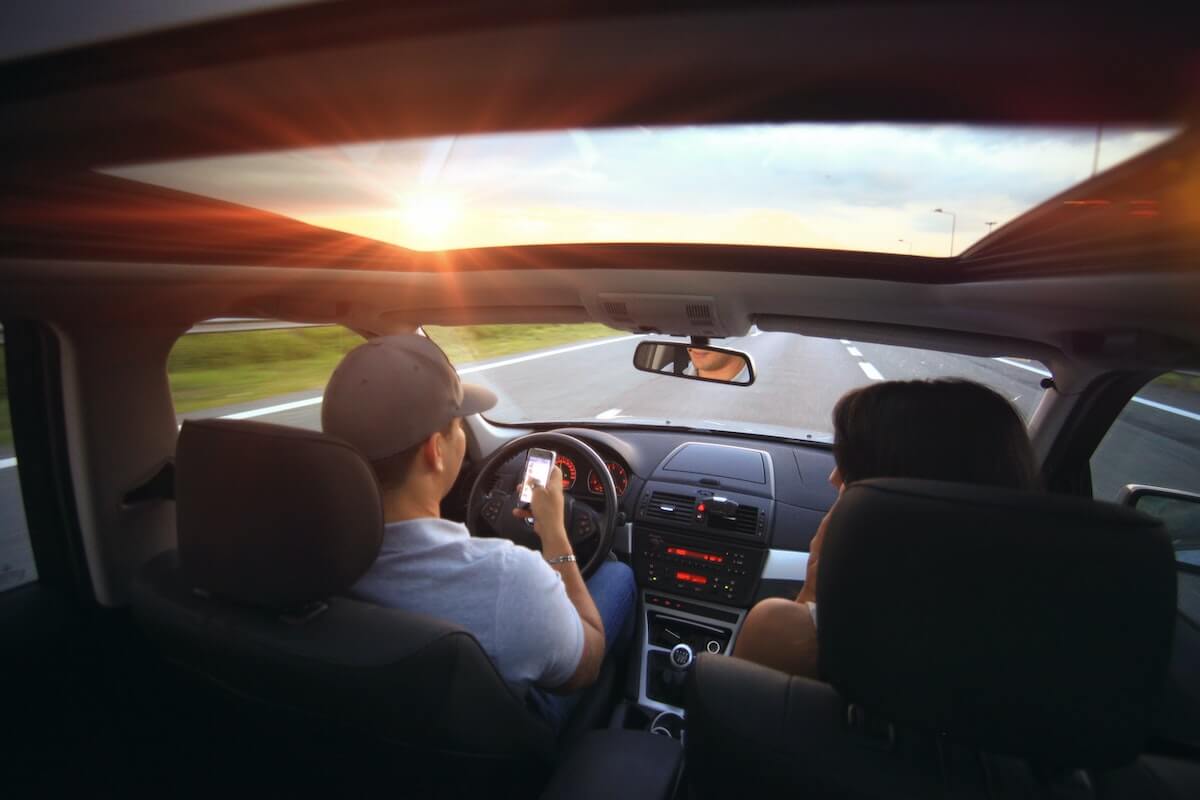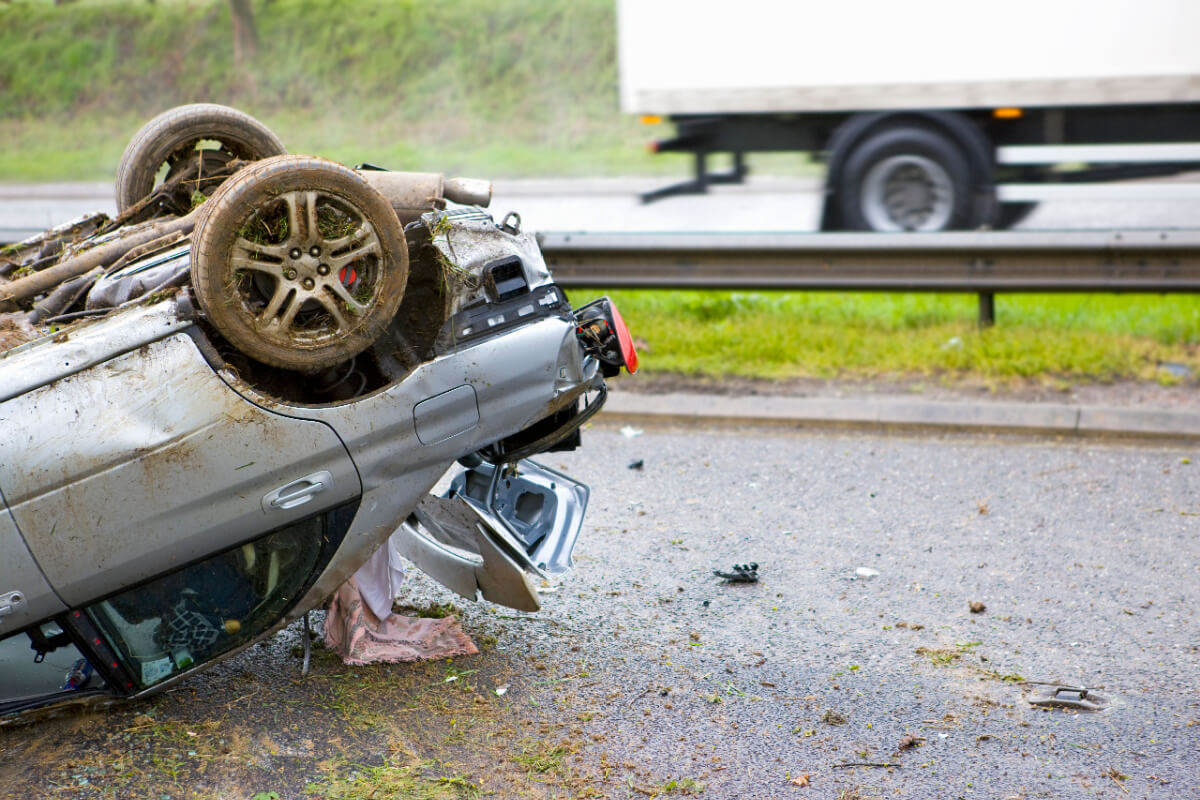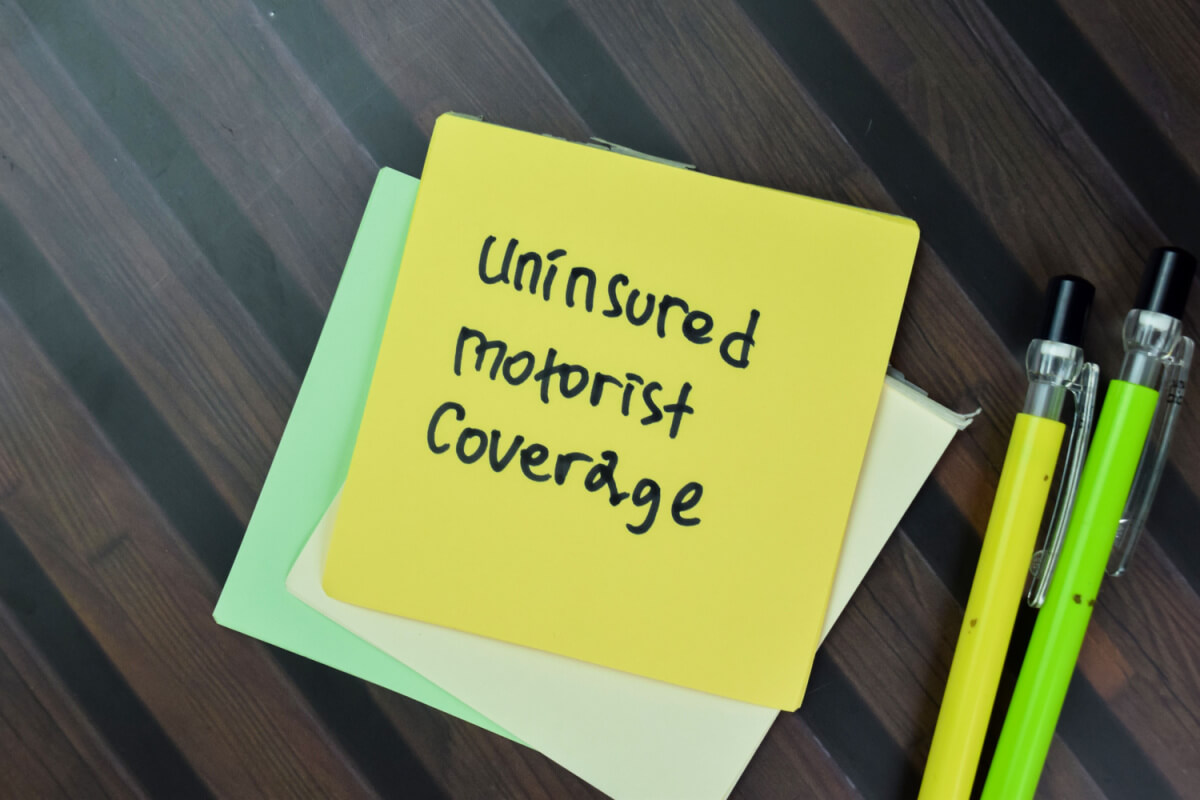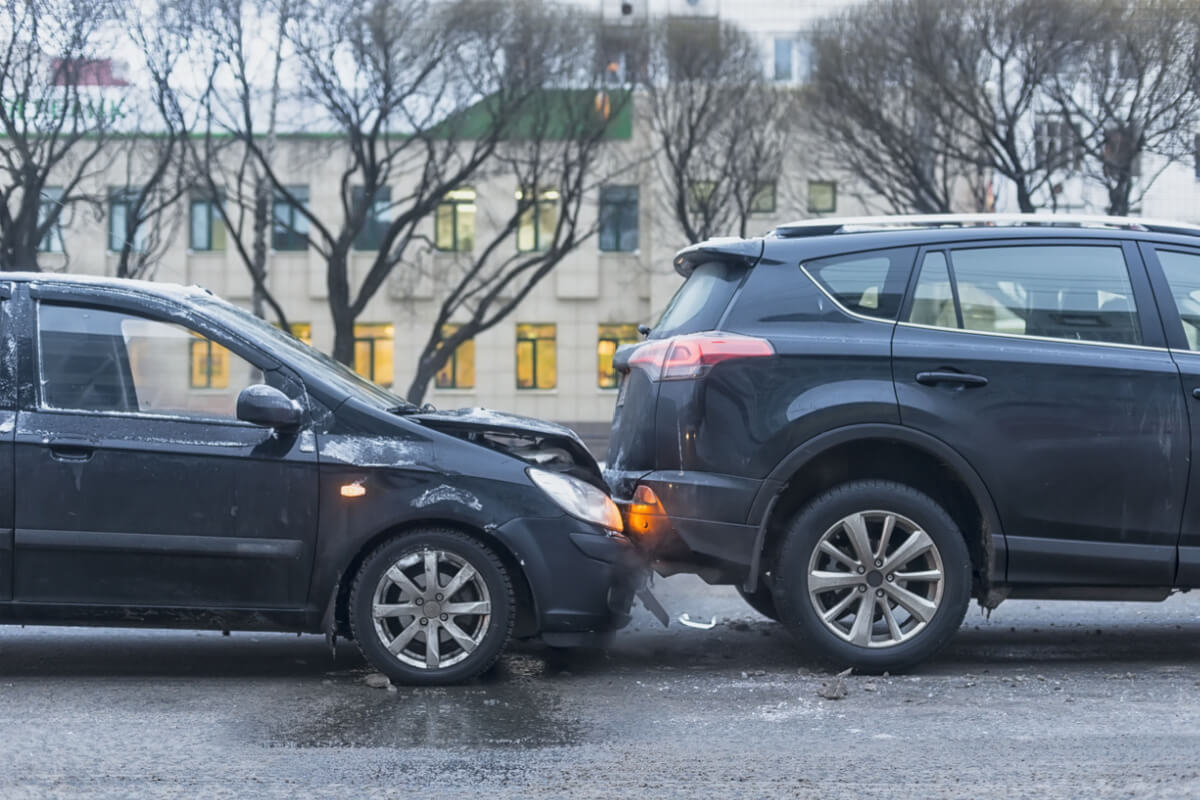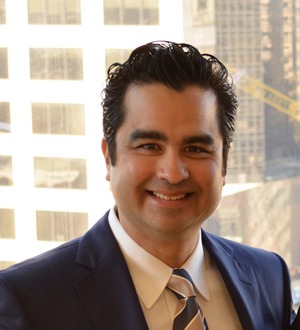
Rico was born in 1970 in New Orleans, LA. Although he was born and raised primarily in New Orleans, Rico traveled internationally as he was growing up while his Father, Ernesto M. Alvendia, served as a Diplomat for the Philippines. In fact, he attended Jesuit High School in the Philippines from 1984 to 1987, where he also witnessed firsthand the historic Filipino Peaceful Revolution in 1987.
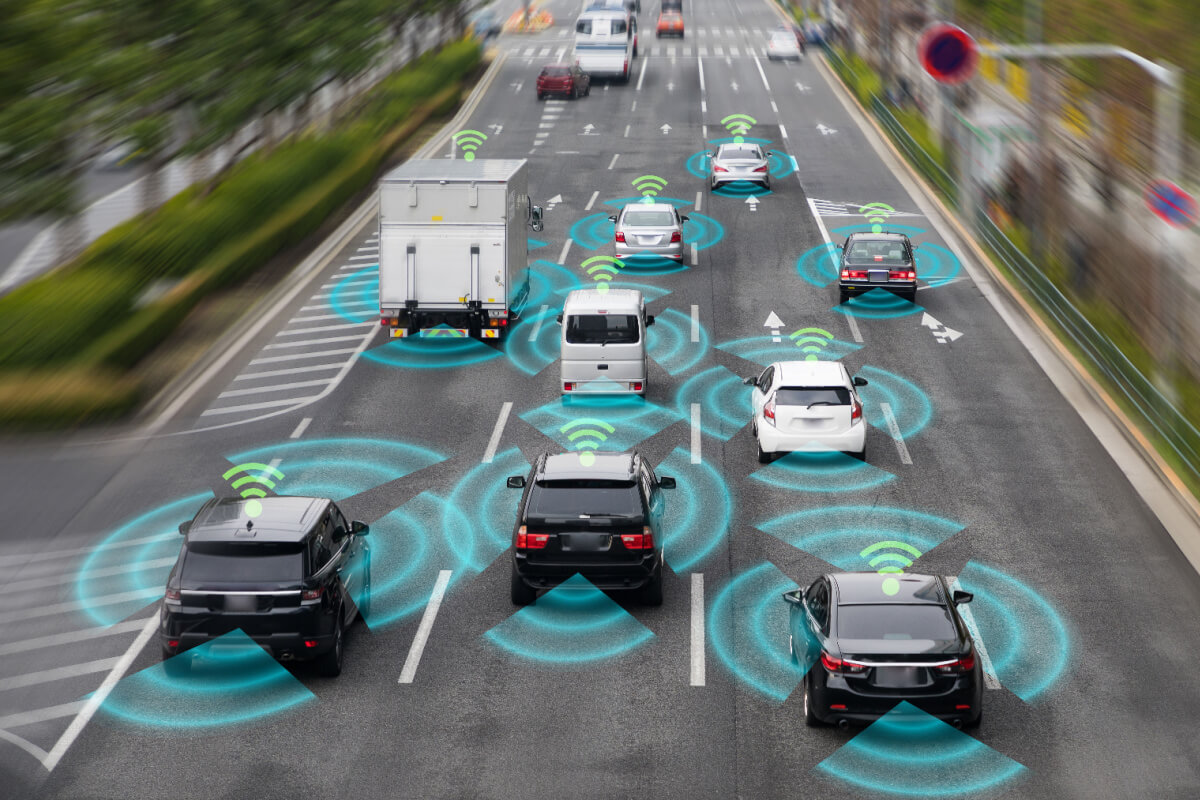
Legal Implications of Autonomous Vehicle Accidents in Louisiana
- Liability in Autonomous Vehicle Accidents: Who’s at Fault?
- Insurance Claims for Autonomous Vehicle Accidents in Louisiana: Navigating the Process
- Personal Injury Claims Involving Autonomous Vehicles: Legal Considerations
- Comparative Fault In Louisiana: How It Applies to Autonomous Vehicle Accidents
- Manufacturer Liability in Autonomous Vehicle Accidents: Understanding the Legal Landscape
- Seeking Compensation for Damages in Autonomous Vehicle Accidents: Steps to Follow
- Future of Autonomous Vehicles and Louisiana Law: Anticipated Legal Developments
While driverless trucking technology is not yet fully developed, Louisiana has already enacted laws permitting the operation of autonomous trucks. This early regulatory move places Louisiana among the first states to govern the use of self-driving commercial vehicles. Under this law, autonomous vehicles must comply with all applicable traffic laws, carry a minimum liability insurance of two million dollars, and be properly registered. The law also applies the exact requirements to remotely operated driverless trucks.
Louisiana's legal framework for autonomous vehicles is an evolving landscape, reflecting the advancements in technology and the unique challenges these vehicles present. The state's laws aim to address the complex issues surrounding autonomous vehicles' operation, liability, and safety. A key aspect of Louisiana's approach involves determining how traditional traffic regulations apply to these technologically advanced vehicles. Additionally, the state examines the implications of autonomous vehicles on insurance policies and liability in the event of an accident. Another significant area of focus is the safety standards for autonomous vehicles, ensuring they meet rigorous requirements to protect all road users. As autonomous technology continues to develop, Louisiana's legal system adapts, aiming to balance innovation with public safety and legal clarity.
Liability in Autonomous Vehicle Accidents: Who's at Fault?
Determining fault in autonomous vehicle accidents presents unique challenges. With traditional vehicles, the fault often lies with one of the drivers. However, with autonomous vehicles, several parties might be responsible. The vehicle’s manufacturer could be at fault if a system malfunction or design flaw caused the accident. Software developers also play a crucial role; if the vehicle's software misinterprets road conditions or fails to respond appropriately, liability might rest with them. Additionally, the owner or operator of the autonomous vehicle could be responsible, particularly if failure to maintain the vehicle or override system recommendations leads to an accident.
Insurance Claims for Autonomous Vehicle Accidents in Louisiana: Navigating the Process
Filing insurance claims for autonomous vehicle accidents in Louisiana involves a process similar to traditional vehicle accidents, yet with distinct considerations due to the advanced technology involved. When an autonomous vehicle is involved in an accident, the first step is reporting the incident to the insurance company. The insurance provider then assesses the claim, considering the specifics of the autonomous vehicle, such as its operational mode at the time of the accident and any relevant data recordings, all play a role in determining coverage and liability. Furthermore, Louisiana law requires insurance policies to cover autonomous vehicles, but the specifics can vary based on the policy and the level of the vehicle's autonomy. Policyholders must understand their coverage details, as these will influence claims handling. In such cases, the insurance claim process strives to balance the innovative aspects of autonomous vehicles with fair and effective claims resolution.
Personal Injury Claims Involving Autonomous Vehicles: Legal Considerations
Personal injury claims involving autonomous vehicles introduce new legal considerations in Louisiana. In such cases, determining liability can be complex. Several factors are examined if an autonomous vehicle is involved in an accident resulting in injury. These include whether the vehicle was in autonomous mode, if there were any system malfunctions, and whether human intervention played a role. The vehicle manufacturer or its software might be held responsible if a defect or programming error contributed to the accident. Additionally, the vehicle’s owner might be liable, especially if improper maintenance or misuse of the vehicle’s autonomous features was a factor.
Comparative Fault In Louisiana: How It Applies to Autonomous Vehicle Accidents
Comparative fault is a legal principle in Louisiana that comes into play in autonomous vehicle accidents. This principle involves determining the degree of fault of each party involved in an accident. Assessing fault can be more complex in autonomous vehicle cases than in traditional vehicle accidents. Factors considered include whether the autonomous vehicle was operating correctly, if the human driver intervened or failed to intervene when necessary, and if any external factors contributed to the accident. In Louisiana, the total damages are divided among the parties based on their percentage of fault. For instance, if an autonomous vehicle is found to be 60% at fault due to a system malfunction, and the human driver 40% at fault for not taking necessary action, each party bears responsibility for their share of the fault. This approach aims to allocate damages fairly based on the involvement of each party in the incident.
Manufacturer Liability in Autonomous Vehicle Accidents: Understanding the Legal Landscape
Manufacturer liability in autonomous vehicle accidents is a significant aspect of the legal landscape in Louisiana. In the event an autonomous vehicle is involved in an accident, the manufacturer might be liable, especially if the cause is a vehicle defect or system failure. The legal focus is on whether the vehicle's design, manufacturing process, or software programming had flaws contributing to the accident. For instance, if a sensor malfunction or software glitch leads to a collision, the manufacturer could be responsible for damages.
Seeking Compensation for Damages in Autonomous Vehicle Accidents: Steps to Follow
Seeking compensation for damages in autonomous vehicle accidents involves several steps. Initially, documenting the accident is important. Gathering evidence such as photos, witness statements, and police reports can be beneficial. Next, it's essential to report the accident to the insurance company. Since autonomous vehicles incorporate advanced technology, the insurance claim might be more complex than a typical car accident claim. The insurance provider will consider factors like the vehicle's autonomous mode during the accident and any relevant data from the vehicle's systems. Understanding the insurance policy's coverage for autonomous vehicles is also vital. In some cases, the vehicle's manufacturer might be a part of the claim, especially if a defect or system failure contributed to the accident. Throughout this process, keeping detailed records and maintaining open communication with the insurance provider can aid in effectively seeking compensation for damages sustained in the accident.
Future of Autonomous Vehicles and Louisiana Law: Anticipated Legal Developments
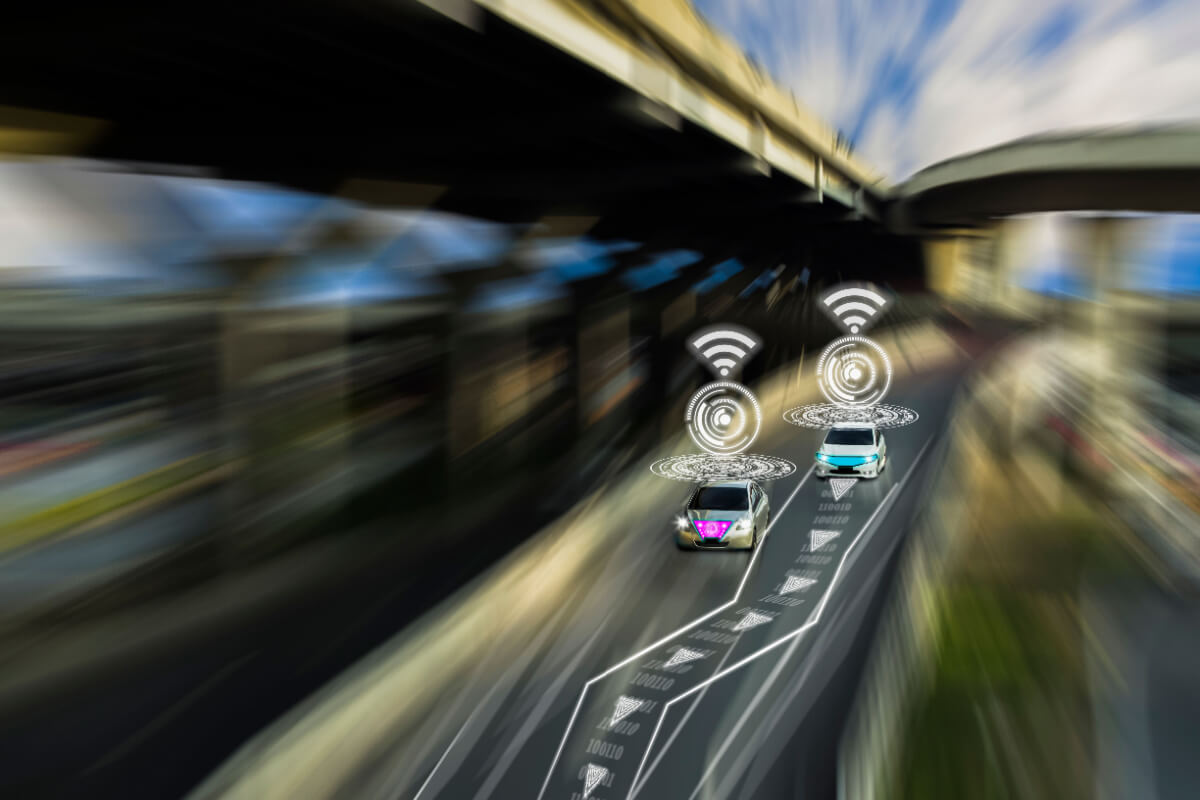
The future of autonomous vehicles in Louisiana is expected to bring significant legal developments. As this technology advances, laws must evolve to address new challenges. One anticipated area of development is in liability and insurance regulations. As autonomous vehicles become more common, Louisiana may see changes in how liability is determined and how insurance policies are structured to accommodate these vehicles. Another potential legal development could involve safety and operational standards for autonomous vehicles, ensuring they meet strict guidelines for public road use. Considering the extensive data collected by these vehicles, privacy and data security laws are also likely to evolve. Additionally, there might be updates in licensing and registration requirements specific to autonomous vehicles. Louisiana's legal system is poised to adapt to these technological advancements to ensure safety, fairness, and clarity in this emerging field.
If you are were injured in an autonomous vehicle accident, contact Alvendia Kelly & Demarest today at 504-200-0000 to schedule a free consultation.
Categories

In 2003, after being dissatisfied with the quality of legal care for victims of car accidents, Roderick ‘Rico’ Alvendia sought to establish a new firm focused on providing high-quality legal services to aid injured victims and their families. J. Bart Kelly, sharing Rico’s passion for upholding justice, joined the firm later that year, and established a partnership.

